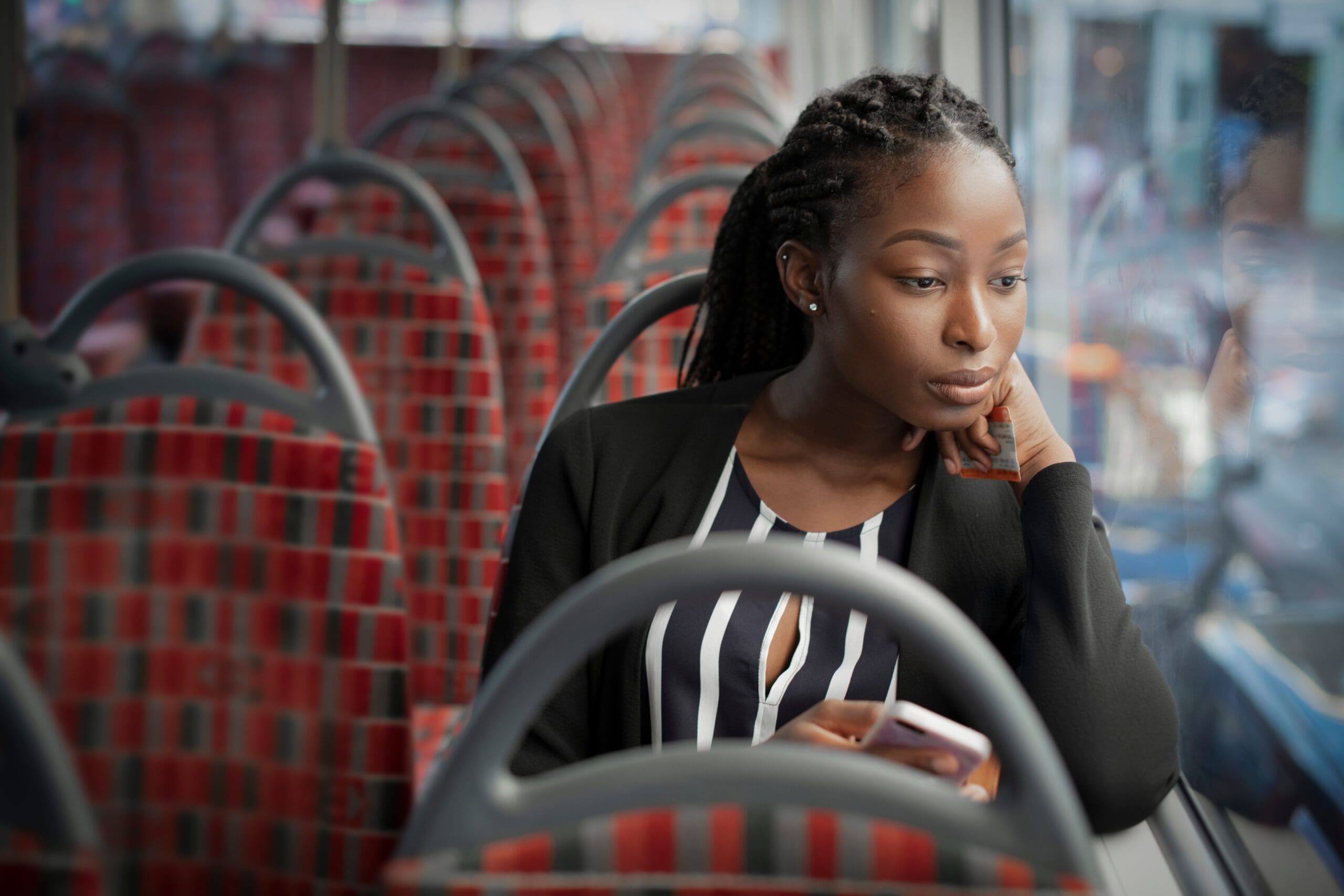This article represents the opinions of its author. The views expressed here are not necessarily representative of The Sunrise News staff as a whole.
This is an opinion article.
Even though I live near Birmingham, when the new bus line, Birmingham Xpress, was announced, I thought, “That’s cool, but I’ll never use it.” Because the risk of being sexually harassed on public transportation is a game of roulette I’d just rather not play.
It’s sad, isn’t it? Public transportation has so many benefits to a wide group of people. It’s less expensive than owning your own car and having to maintain it, fuel it, etc. It keeps you from the stress of finding parking or paying for a meter or parking deck. It’s better for the environment than a personal car. And it means that many people who can’t afford a car can still access work, school, medical care, parks, recreation and so much more. I dislike driving in Birmingham. I’d much rather catch a bus and never have to worry about getting in a wreck with all the reckless drivers we have here.
But none of that matters, because I don’t want to be groped or verbally harassed, followed home or pressured into giving someone my number. I don’t want to have to be on my guard, keeping my pepper spray in hand, phone ready to record, constantly alert and ready to stare anyone down who tries to touch or talk to me. I don’t want to have to pay attention to see if anyone else is being harassed either.
I’d like to ride the bus in peace. Perhaps strike up a conversation with the person sitting next to me. Put my earbuds in and listen to a podcast while I ride. Actually take in the sights of the city that I usually miss when driving myself. Pretend to be a tourist in a city I’ve lived near my whole life.
I’d like to know that women’s safety and concerns are being taken into consideration when community projects are planned. I’d like to have faith in my local leaders that my best interest is at heart – that women are included in the conversation so they can say things like, “Have you considered personal safety? What about mothers with strollers? What about people who work odd hours? Can you accommodate them?”
I don’t think women are kept out of the conversation maliciously. I don’t think anyone sits at a conference table and says, “We should make it hard for women to use public transportation.” But I do think our society intentionally removes women from positions of visibility, so they’re easier to forget. And I think that women’s complaints are intentionally ignored so that creative solutions don’t have to be devised and employed. Because women have been talking about this issue for a long time, and yet the issue persists. Women simply aren’t safe on public transportation.
The issue isn’t isolated to the U.S. either.
In London, in the span of just a week, nearly 200 women came forward to share experiences of being sexually harassed on public transportation. In Toronto, a poll conducted by WomanACT and Angus Reid Group revealed that 86% of respondents had experienced some sort of harassment while using public transportation. A 2016 survey showed that 87% of French women who use public transportation have experienced sexual harassment.
But with great problems come great solutions.
In one South African town, activist and entrepreneur Joanie Fredericks is tackling the problem head-on. She runs her own taxi service, which provides safe transportation so women don’t have to use public transportation at all. The service is an offshoot of her driving school for women, Ladies Own Transport, which was created to offer a safe place where female students won’t have to risk being assaulted by male instructors.
In Japan, some companies have introduced women-only train carriages to deal with the problem. They received backlash from men, who felt that they were being discriminated against. Which is ironic, considering men are the reason those train cars were introduced in the first place. The responses from women were mainly positive. Surprise, surprise.
In New York City, in 1979, a group of high schoolers formed an organization they called the Guardian Angels, dedicated to nonviolent intervention on subways to keep passengers safe. The organization has since expanded to more than 130 cities and 13 countries and is still very active. The founder, Curtis Sliwa, has been problematic, to say the least, and I don’t want to overlook that, but I wanted to include the Guardian Angels, not as an ideal, but as a possibility.
I don’t know what the perfect solution is. But I do know that nothing changes if we don’t speak up and step up. Advocating for women’s safety to be taken into consideration, and for women to be involved in discussions about public transportation, just makes sense. We can all be agents of change if we’re just willing to pay attention.
Want to get early access to columns, unique newsletters and help keep The Sunrise News active? Then support us on Ko-Fi!
This article represents the opinions of its author. The views expressed here are not necessarily representative of The Sunrise News staff as a whole.


